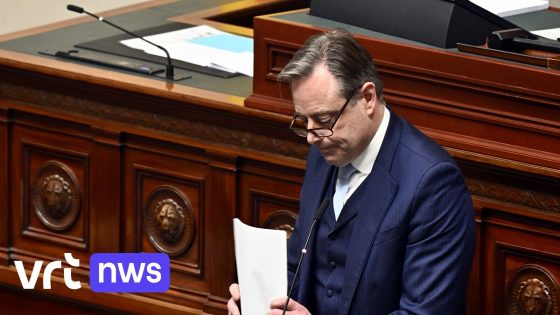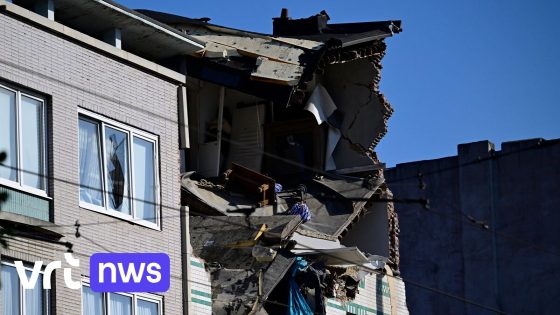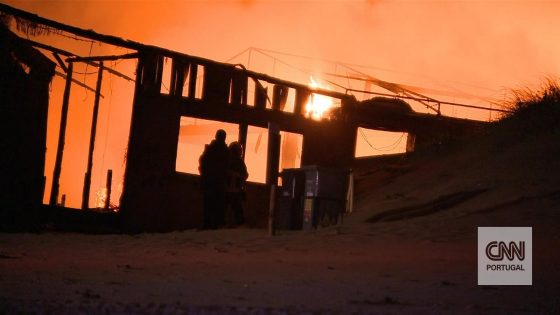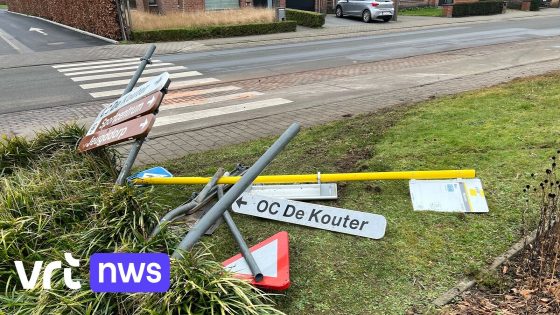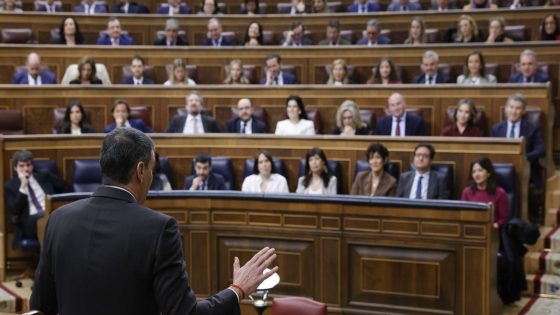A recent survey from the Institute of Political and Social Sciences (ICPS) reveals a striking trend among young men in Catalonia. As of February 2025, nearly one in three males aged 18 to 25 identify with right-wing or far-right ideologies, showing a significant shift in political attitudes. What does this mean for the future of democracy and social values in Spain?
- Young men in Catalonia lean right politically.
- 38% of young men oppose immigration.
- Majority of Catalans favor immigration limits.
- Youth show declining support for democracy.
- Support for Catalan independence reaches new lows.
- Salvador Illa is preferred as president.
Young Men in Catalonia Show Right-Wing Shift: What’s Behind It?
Why are young men in Catalonia moving toward right-wing ideologies? The ICPS survey highlights that 60% of these young men oppose feminism, with 38% expressing strong anti-immigration sentiments. This is a stark contrast to their female counterparts, who largely support immigration and feminist ideals.
The Growing Opposition to Immigration and Feminism Among Young Catalans
The survey indicates that young men are increasingly rejecting both immigration and feminist movements. Here are some key findings:
- 38% of young men oppose immigration.
- 60% of young men are against feminism.
- Only 16% of young men prefer democracy over authoritarian regimes.
- Support for limiting immigration has risen to 54% among the general population.
Social Media’s Role in Shaping Young Minds
Social media platforms are playing a significant role in disseminating right-wing ideologies. According to Oriol Bartomeus, director of ICPS, young men are particularly influenced by misogynistic discourses prevalent on these platforms. This raises questions about the impact of digital communication on political beliefs and social values.
The Decline of Support for Independence in Catalonia
Interestingly, the survey also shows a decline in support for Catalonia’s independence, with 56.7% opposing it. This shift indicates a changing political landscape that could affect future governance and social unity in the region.
As these Trends continue to evolve, it is essential to monitor their implications for both Spain and the broader European context. What does this mean for the future of social values and democracy in the region?






